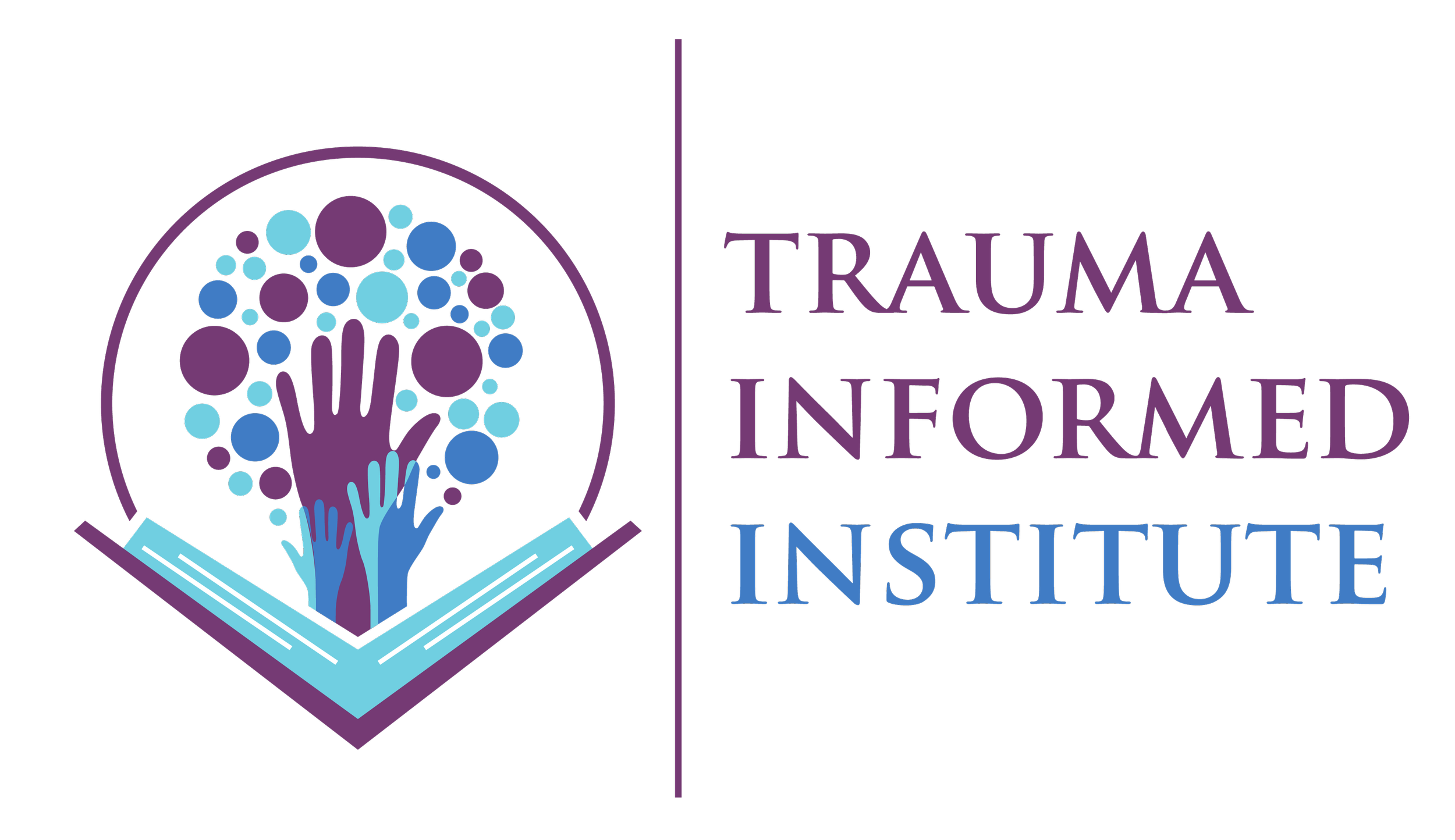Understanding Trauma and Conflict Resolution
Trauma-informed approaches are incredibly important when it comes to managing conflict. A trauma-informed approach is an understanding of how trauma affects individuals and their responses to conflict, and that trauma can have a long-term impact on relationships and interactions. This requires empathy, patience, and active listening skills to build trust between parties, which is essential for a successful resolution. Let’s explore the ways in which trauma-informed approaches can help us manage conflict better.
The Impact of Trauma on Conflict Resolution
Understanding the impacts of trauma is key to effective conflict resolution. People who have experienced traumatic events can often respond emotionally or reactively to conflicts due to their stronger and more intense fear response. It’s important to recognize these responses for what they are—a reaction rooted in fear—and not take them personally, as this will help de-escalate the situation and foster more productive dialogue. Additionally, it’s important for all parties involved in a conflict resolution process to be aware that someone may not be able to respond rationally or logically due to their emotional state at the time.
The Benefits of a Trauma-Informed Approach
Using a trauma-informed approach to conflicts can be incredibly beneficial in promoting constructive dialogues and ultimately resolving disputes successfully. When all parties understand how trauma affects behavior and responses, they can better empathize with each other’s perspectives and experiences, making it easier for them to work together towards common goals. Additionally, by being aware of potential reactions rooted in trauma, we can create a safe environment where everyone feels respected and heard—which is often essential for meaningful dialogue around difficult issues or decisions.
What does the research say?
Research has shown that trauma can have a lasting impact on individuals and their responses to conflict. One study conducted by the National Institute of Mental Health revealed that people who had experienced traumatic events were more likely to be characterized as “emotionally reactive” when confronted with conflict. This emotionality was associated with heightened fear responses, which can create an atmosphere of fear and tension in the conflict resolution process. It’s important to remember that this is not a sign of weakness or lack of emotional control but rather a response rooted in trauma—and it must be taken into account when attempting to resolve conflicts.
Trauma-informed approaches are invaluable when managing conflicts effectively because they allow us to understand people’s emotional needs and provide better support during difficult conversations or processes. By recognizing how trauma impacts our behavior and reactions during conflict resolution processes, we can create safer spaces where all parties feel respected while working together towards solutions that benefit everyone involved. Investing in trauma-informed training around understanding these concepts is essential if we want our disputes to be resolved.
Here are a few tips for managing conflict using a trauma-informed approach:
1. When managing conflicts with a trauma-informed approach, it is important to remember that the reactions of individuals can be rooted in fear and not to take this personally. It is essential to create an environment where all parties feel respected and heard for meaningful dialogue.
2. Investing in trauma-informed training to understand how trauma affects our behavior and reactions during conflict resolution is essential. This may include understanding the impact of trauma on relationships, communication styles, and decision-making processes.
3. Empathy, patience, and active listening skills are fundamental in building trust between parties and successfully resolving conflicts. Knowing all parties’ needs, experiences, and perspectives is important to foster a constructive dialogue that moves toward mutually beneficial solutions.
4. Understanding the impact of trauma when conflict arises can help us create safe spaces for effective resolution. This means considering all individuals’ emotional needs and respectfully valuing all opinions.
By taking the time to understand how trauma affects our behavior during conflict resolution processes, we can create an environment where everyone feels respected and heard while working towards solutions that benefit all parties involved. Trauma-informed approaches have the potential to increase trust between individuals and ultimately result in more constructive dialogues and successful dispute resolution.
Using a trauma-informed approach to conflict resolution can be incredibly beneficial in creating a safe and effective space for meaningful dialogue. It’s important to remember that trauma can have a long-term impact on individuals and their responses to conflict, which means we must be patient and understanding when attempting to resolve disputes. Understanding the impact of trauma can create an environment where everyone feels respected and heard, which is essential for successful conflict resolution.
Become a Certified Trauma-Informed Advocate and help create positive change in the world.
Visit www.traumainformedinstitute.com today to sign up for the course or book a consult call with our team.


